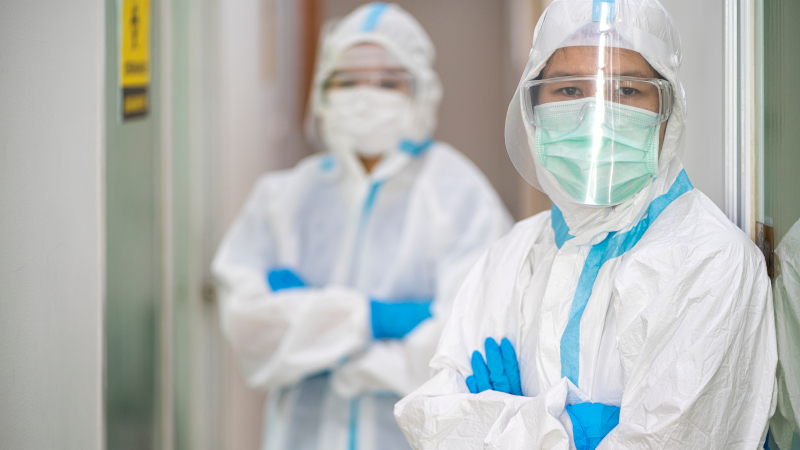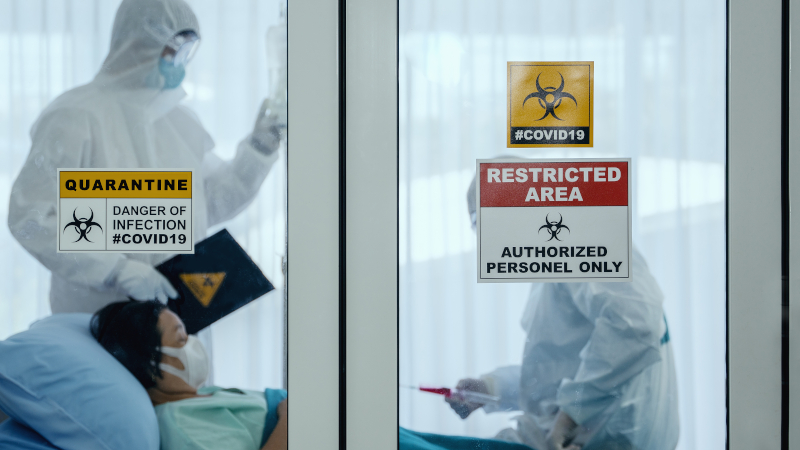Covid-19 teams in the NHS
Principal Investigator(s): Professor Vincent Connelly
Contact: covid19teams@brookes.ac.uk
Project start: November 2020
Funded by: ESRC
About us
Rapidly formed Covid-19 teams in the NHS - Implications for leadership, team-working, career intentions and individual mental health.
This UK-wide study aims to understand the implications of working in Covid-19 teams for:
- leadership
- team-working
- career intentions
- individual mental health.
We are exploring how:
- NHS trusts have learned throughout the pandemic
- how medical staff experienced the pandemic
- how deployment in Covid-19 teams has impacted staff members’ teamworking, performance, individual wellbeing and employment retention intentions.
We therefore assess established non-technical factors (eg leadership, social support, communication) and moderating factors (eg occupational background, preparedness, work-life balance and home situation). Both of which may impact upon team members' ability to bond and work together.
The proposed study utilises exploratory semi-structured interviews of Covid-19 team members, clinical directors and senior managers. Interviews are followed up with an online survey. These aim to examine long-term individual wellbeing and retention intentions.
This research will inform evidence-based workforce guidance and accelerate wider team working theory, practice and policy.

Research impact

This work promises a contribution at the cutting edge of medical teamwork by aiming to understand how Covid teams worked during long-term high stress situations, which individual characteristics or training needs increase coping and resilience, and to assess the impact of re-deployment to Covid teams on mental health and intention to stay in the NHS.
The research significantly expands preliminary work conducted on individual health outcomes during the Covid-19 pandemic, by systematically analysing the enduring impact of teamwork and leadership upon psychological outcomes, resilience, and employment intentions of medical staff at the front line of the Covid response.
The research project will be relevant for the nationwide response to future pandemics as well as to localised emergency and disaster relief efforts requiring ad-hoc fluid teamwork, by providing best practices and educational guidance.









